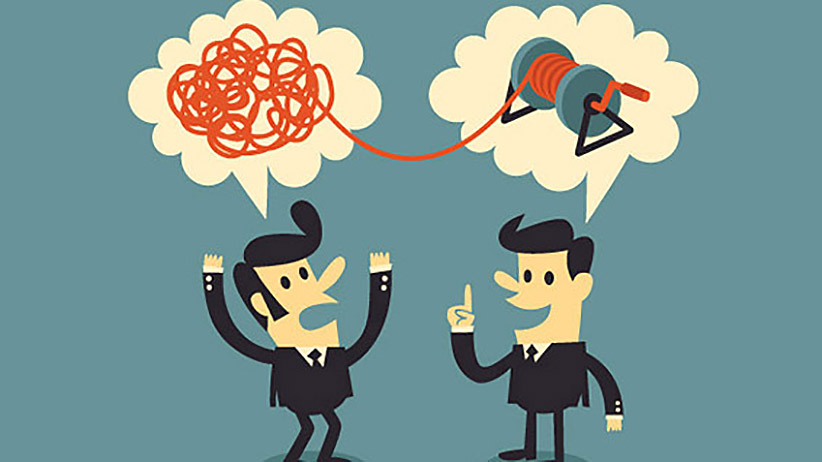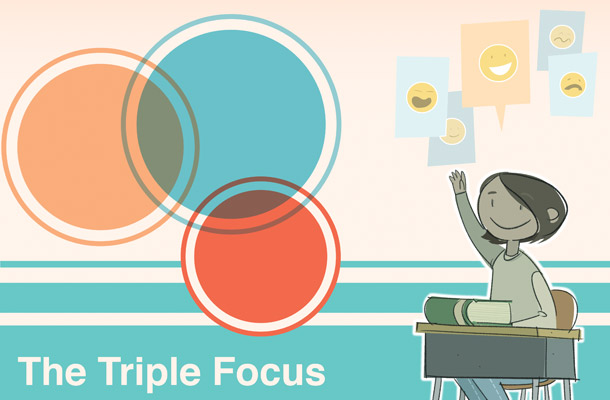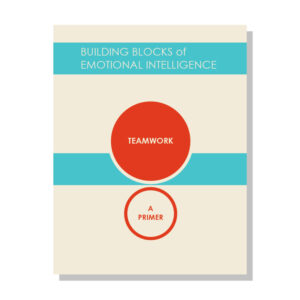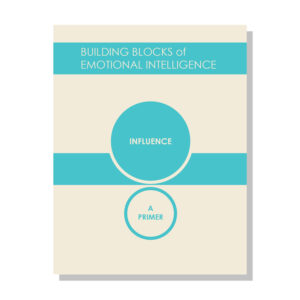
by Daniel Goleman, source: Linkedin.com

The central question right now for both long-time mindfulness practitioners and individuals and organizations looking for mindfulness training is: What makes a good mindfulness coach?
Mirabai Bush, Senior Fellow and the founding Director of The Center for Contemplative Mind in Society, has taught mindfulness methods for many years to a variety of organizations – Google, Hearst Publications, AMEX, to name a few. She offers some insights for organizations looking for such services, and for what it takes to be an effective coach.
Mindful presence
When you’re interviewing potential teachers or coaches, notice whether the person is in the moment, without judgment, and really present for you. Be aware that there are many different styles for teachers of mindfulness. The person should embody qualities and competencies that you are looking for in your group or yourself. Humility and a sense of humor are usually good signs.
Are they trained?
Before people begin to teach mindfulness, they should do significant practice, not just in mindfulness but in teaching mindfulness. There are several reputable training programs available:
- Jon Kabat-Zinn’s Mindfulness Based Stress Reduction program (www.umassmed.edu/cfm/”Ž)
- Google’s Search Inside Yourself Leadership Institute (SIYLI.com)
- UCLA’s Center for Mindfulness (marc.UCLA.edu)

Are they ready?
Like any hiring process, ask them about their experience. There are many people who want to start teaching right after they learn it. After spending some time practicing – or even after some formal training – it’s easy to assume, “Oh, I could teach people to sit down and bring their attention to their breath and breathe in and out. Anybody can teach that.”
But that is not true. You can read the techniques in a book or listen to a CD and probably learn some from it. But teaching mindfulness is different from practicing mindfulness.
Can they coach?
With mindfulness coaching and training in an organization, you’re asking your team to look inside themselves and begin an inquiry into the parts of our minds, bodies and hearts that most of us ignore most of the time. That’s profound. You really want to have someone you can trust to lead you through that exercise.
That’s very important because many people haven’t done any practice that takes them into their inner lives. A teacher or coach needs training and experience in answering the students’ questions: What if intense thoughts come up? Am I doing it wrong? I can’t do it because my mind is racing. Oh, I fell asleep. Am I going to become totally self-centered? How can I find time to do this? If I’m not judging, how will I make decisions?
Mirabai Bush is Senior Fellow and the founding Director of The Center for Contemplative Mind in Society, a non-profit organization that encourages contemplative awareness in American life in order to create a more just, compassionate, and reflective society. Learn more about her latest CD, Working with Mindfulness.
Listen to Mirabai’s interview about a mindful workplace with Leadership Development News.








